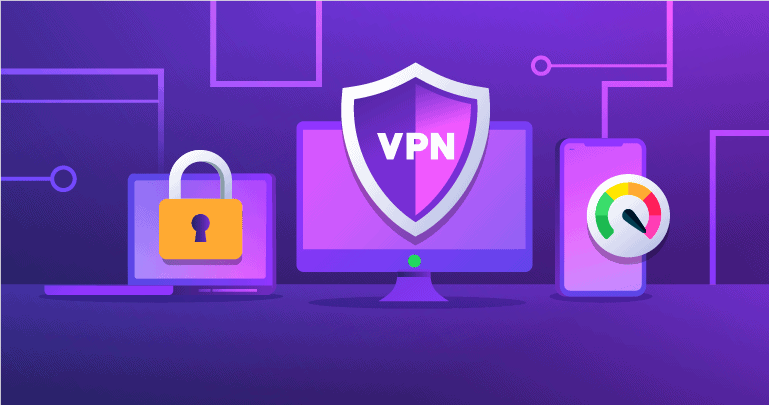VPN services provide a layer of security over the Internet that makes conducting secure transactions possible. This is why it’s so popular with businesses. Quite frequently, VPN services are used by employees located in remote areas or who are temporarily out of the office to access resources on a private LAN. VPN services are generally paid ones. There are also Free VPN For Windows that offer anonymity, which is a component of VPN services. While VPN services do anonymize Internet surfing for the user, the free services have their adherents.
Free Services
Probably the best-known anonymizing service among the free offerings is TOR. This program uses a network of volunteered connections to anonymize your IP address when you visit websites or use other resources. This is a popular solution for those who only need anonymous surfing once in a while. You can do a good job of obscuring your IP address but, given enough skill and the time and resources to make use of that skill, your IP address can be tracked back to you.
There are other free services out there, as well, but they do lack some of the principal advantages of paid VPN. Particularly for businesses, paid VPN services have some significant advantages that cannot be easily overlooked.
Paid Services
If you’re switching from a free VPN service to a paid VPN service, the first improvement you’ll likely notice is speed. Paid VPN services compete partially on the basis of how fast their servers can get their users to webpages, so they do tend to be pretty fast. Free services, including TOR, can be agonizingly slow at times. Additionally, while those free services may obscure your IP address, they don’t necessarily encrypt any of the traffic between you and your destination server, which is a significant issue for business users.
Paid services also have the advantage of there being an accountable party in the event that something goes wrong. For businesses, this is a necessity. It’s really impossible to use a free service for business purposes because of the lack of technical support and the lack of a company that can provide assistance if the product turns out to be possessed of one problem or another. If a free service fails, of course, there’s no way to get your money back and there’s really nobody that you can hold responsible for the failure in any regard.

